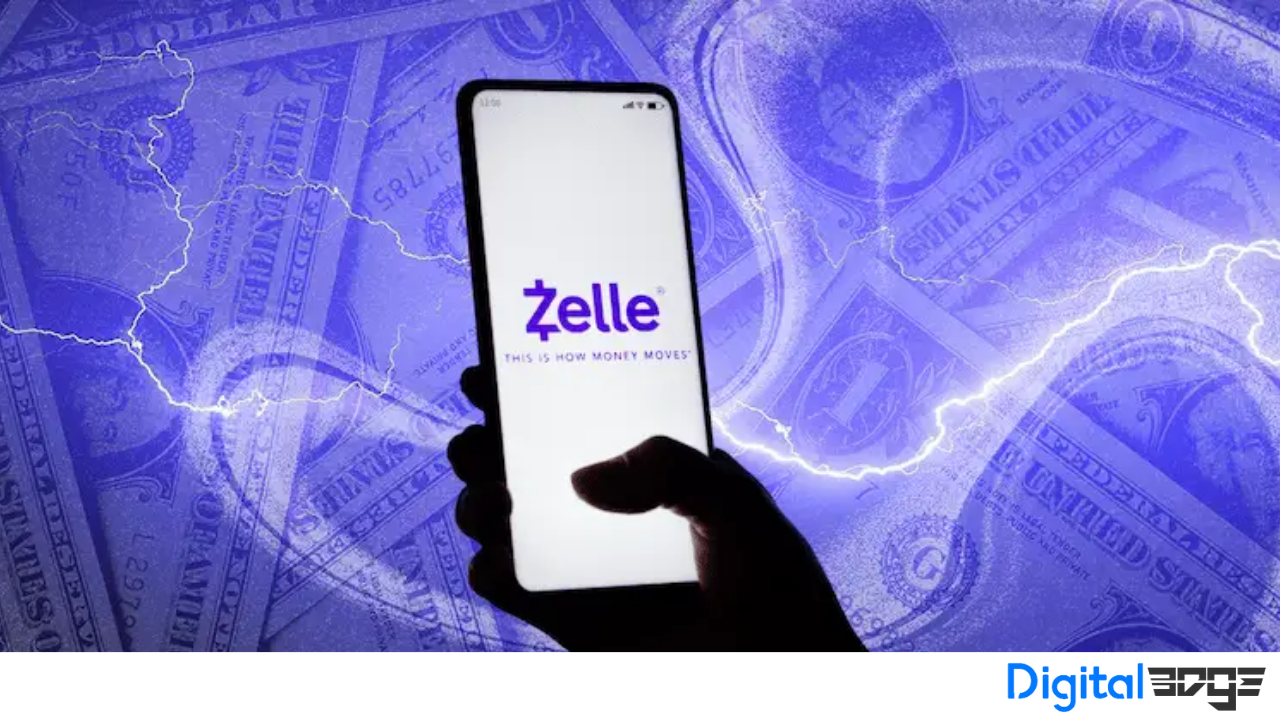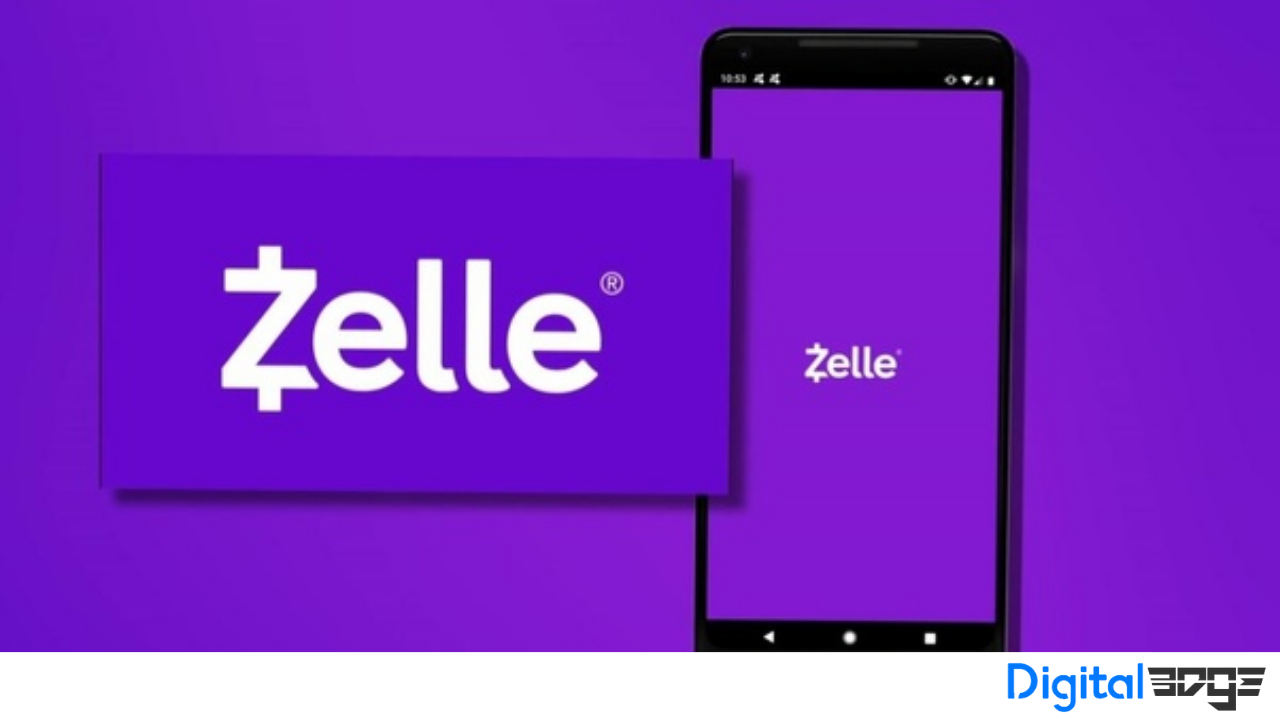On Tuesday, a problem at JPMorgan Chase stopped Zelle payments. People had trouble, and they complained. This lasted until the next day. The harmful effects on Zelle and its banks might continue for a while.
There was another problem with Zelle at a bank connected to Early Warning Services. This is the second time in six months. JPMorgan Chase had a problem with Zelle recently. Earlier, Bank of America also had a Zelle issue. Both banks are part of Early Warning.
Digital payment issues sometimes happen with old banking systems. This might worsen as more transactions use networks linked to The Clearing House’s RTP and the Federal Reserve’s FedNow.
“Instant is great when it works. But when it’s broken, we find out about it right away,” said Peter Tapling, a payments consultant and former Early Warning executive. “That intersection of brand new modern systems, and clunky old bank systems is going to become more evident.”
JPMorgan Chase admitted causing the problem. Zelle said it was the bank’s fault. The big bank, worth $3.9 trillion, didn’t explain why. They fixed the issue by Wednesday noon. Users still complained about DownDetector.
During JPMorgan’s problem, other banks using Zelle didn’t have issues. JPMorgan is big on Zelle, handling a lot of transactions. Around 22% of Zelle transactions involve JPMorgan clients. Crone Consulting LLC says JPMorgan handles over $2 billion in Zelle payments daily for about 27 million transactions involving 54 million users.
Over 1,500 people said they had trouble with Zelle on Tuesday. The complaints started to go down the next day. Chase and Early Warning didn’t say how many banks and people had issues.
When one of the largest banks on a network goes down, “you can’t help but have some disruption generally,” Tapling said. “But those don’t represent outages of Zelle. Those represent outages on one side of a two-sided payments exchange.”
Banks facing issues with payment networks show the difficulty when modern fast payment apps meet traditional bank systems meant for paper checks.
“At the network level, FedNow, RTP — those are generally written under modern architectures that have modern system resilience, failover capabilities, etc.,” Tapling said. ” While efforts have been made to modernize core infrastructures, those core systems are really hard to replace.”
Forecast Issues
If a big bank like JPMorgan Chase has a problem, it might mean bad news for payment networks. More people and businesses want payments quickly.
“These kinds of issues are going to come up. And [they] won’t be fixed until the industry goes to a true real-time processing scheme for their core systems, which is not likely to come any day soon,” Richard Crone, the CEO of Crone Consulting LLC, stated.
“The unexplained outage at Chase and its implications for Zelle point to the challenges of integrating real-time payment systems like FedNow with legacy batch-based bank systems designed over 70 years ago, which have to be adapted to accommodate non-repudiation and real-time processing requirements.”
Zelle pointing fingers at JPMorgan Chase, the top owner of Early Warning, might show a difference between new payment systems and old bank setups.
Zelle sends users to their banks during outages. This includes banks like Bank of America, Wells Fargo, and PNC. They do this when users ask for help.
“What’s interesting here is that very few, if any, payment networks ever point the finger and blame the issuing bank,” Crone said. “That has brand implications and trust implications for financial institutions, and they have to manage their publics like any other crisis management.”
Early Warning and JPMorgan didn’t say if they planned the message together. Banks in the program handle their fraud protection and responses.
“I think they’re just trying to make clear that it’s not a network resilience issue,” Tapling said, noting that JPMorgan’s sizable ownership stake in Early Warning suggests that their relationship was not souring. “The network wants to make sure that the public sees the network is being stable and reliable. They are protecting their own interests.”
Crone says Zelle might face problems if it doesn’t say clearly that the bank issuing the money is in charge if something goes wrong.“Admitting anything less opens up Pandora’s box,” he said.
Innate danger
Crone says if Zelle needs to be fixed, they’ll close it down because of the high risk.
Old technology might slow down Early Warning’s plans for Paze, a digital wallet it tested with seven banks. They want to make it more prominent this year.
“A digital wallet such as Paze has even more critical dependencies with greater potential for processing interruptions. This outage threatens Early Warning’s Paze launch, highlighting settlement and processing risks, which may hinder adoption by retailers, issuers, and other stakeholders in the payments value chain,” Crone said. “It is not an isolated incident, and it doesn’t bode well for trying to gain pilot customers and showcase customers to try Paze, either merchants or issuing banks, beyond the seven owners.”
Crone said banks and their investors might not like it when payment providers blame them for outages. This is especially true if the outages affect RTP or FedNow. It might mean that public affairs plans need to be more careful.
“This should be a warning, and really be a wake up call, to having your crisis management plan in place before launching RTP or FedNow,” Crone said. “[If] the settlement value chain were to break down, the real time part of RTP or the non repudiation of real time payments — that promise could be affected.”
Tapling suggested that in order to minimize outages, it could be of greater significance for banks to enhance their payment systems to meet the demands of modern times.
“They could have had a minor outage and nobody would have noticed it. But now you have mobile banking, where you could be looking at your bank app seven times a day,” Tapling said. “As we move more towards instant payments, those financial institutions that exist in more fragile environments are going to be exposed.”



